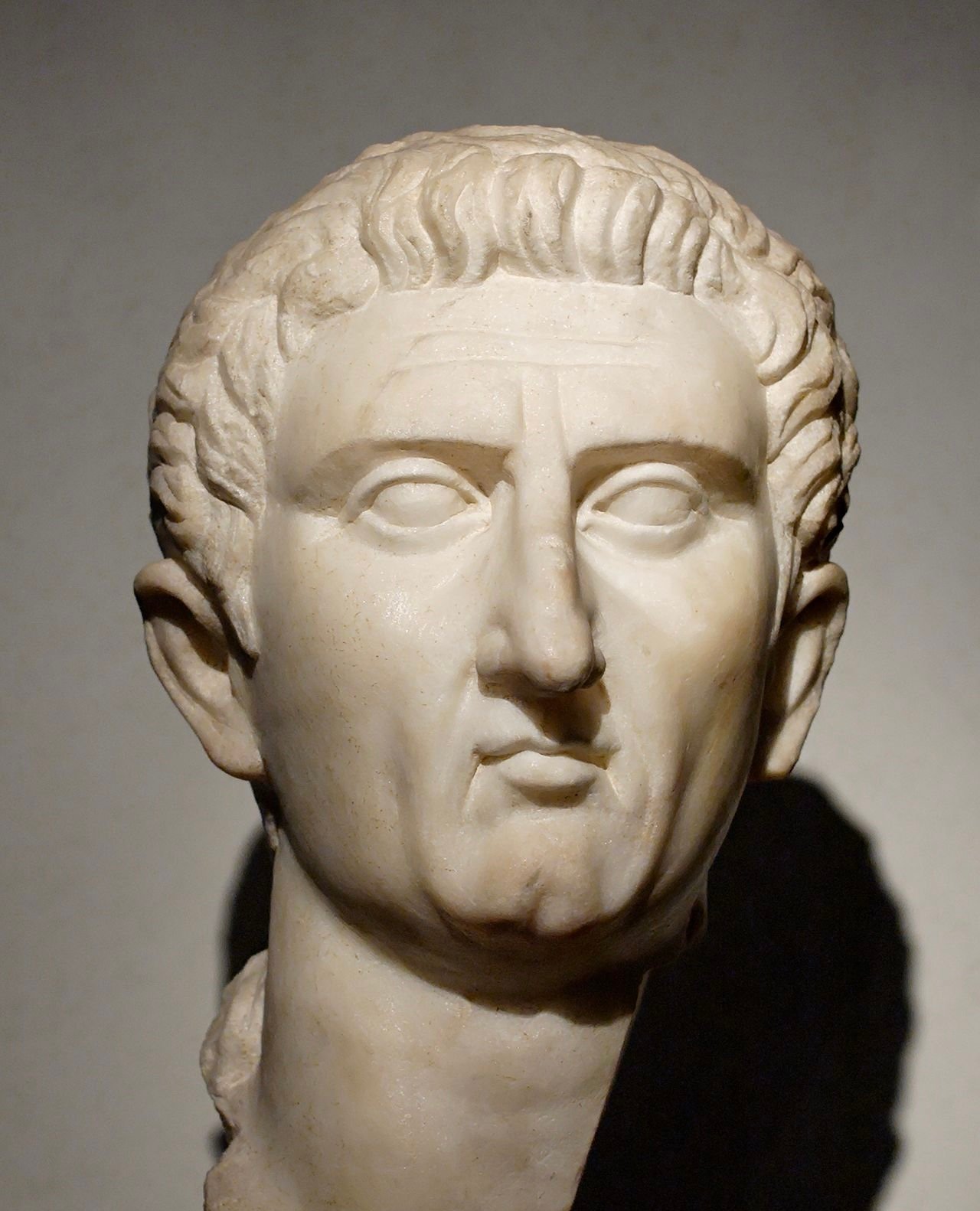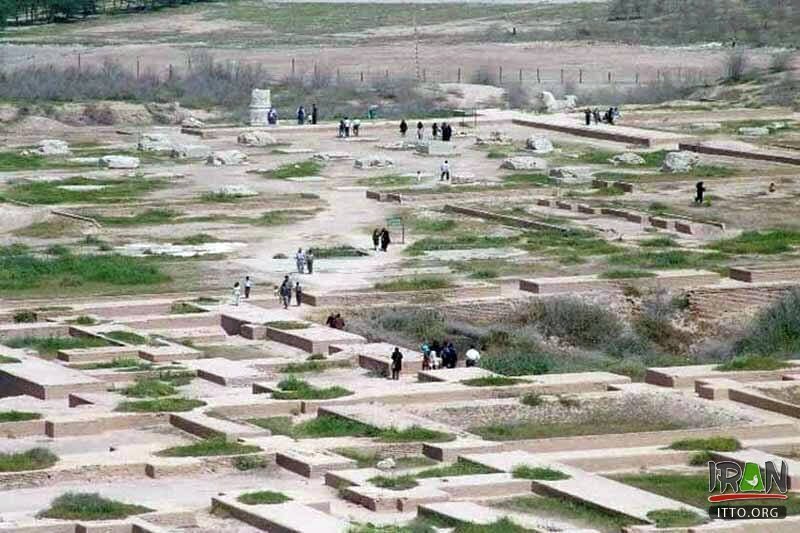The Flourishing Legacy of the Ancient Roman Empire
The Ancient Roman Empire is widely regarded as one of the most influential civilizations in history, leaving behind a profound legacy that continues to shape various aspects of modern society. From its rich cultural and societal traditions to its remarkable achievements in architecture, engineering, language, literature, and more, the Roman Empire’s impact is still felt today. In this article, we will explore the flourishing legacy of the Ancient Roman Empire, delving into its various contributions that have stood the test of time.
Ancient Roman Culture and Society
The Ancient Roman Empire boasted a vibrant and diverse culture that greatly influenced subsequent civilizations. Known for its advances in law, philosophy, and politics, Roman society centered around the principles of citizenship, family, and respect for authority. The Roman value system encompassed virtues such as discipline, loyalty, and patriotism and was deeply ingrained in Roman daily life. The empire’s societal structure also included a wide range of social classes, from slaves and plebeians to patricians and emperors, each with their own rights and responsibilities.

Roman Contributions to Architecture
One of the most impressive legacies of the Ancient Roman Empire is its architectural prowess. Roman architects revolutionized construction techniques, creating awe-inspiring structures such as the Colosseum, Pantheon, and aqueducts. Their mastery of arches, vaults, and concrete allowed for the construction of vast and durable buildings that still stand today. The Romans also introduced new architectural elements, including domes, arches, and columns, which heavily influenced future architectural styles around the world.
The Roman Legal System and Governance
The Roman legal system was a cornerstone of their civilization and has had a profound impact on modern legal systems. Roman law was based on principles of justice, fairness, and equality before the law, providing a framework for resolving disputes and maintaining order. The Twelve Tables, a written code of laws, laid the foundation for legal proceedings and established the rights and responsibilities of Roman citizens. The Roman system of governance also played a crucial role in its enduring legacy, with the concept of representative government influencing future democratic systems.
Roman Engineering Marvels and Innovations
The Romans were pioneers in engineering, developing groundbreaking techniques and technologies that advanced their empire. From constructing complex road networks to devising sophisticated water management systems, Roman engineers demonstrated their ingenuity and practicality. The construction of extensive aqueducts, such as the Pont du Gard in France, allowed the Romans to transport water over long distances, revolutionizing urban planning and improving sanitation. Their hydraulic engineering expertise also extended to the construction of intricate baths and public fountains.
Roman Influence on Language and Literature
The Latin language, originating from the Roman Empire, has had an indelible impact on modern languages. Latin served as the lingua franca of the Roman Empire and has influenced vocabulary, grammar, and syntax in numerous languages, particularly in the fields of law, medicine, and science. Roman literature, notably the works of Cicero, Virgil, and Ovid, remains highly regarded and continues to be studied today for its literary quality, themes, and historical insights.
Roman Art and Sculpture: A Legacy Preserved
The Romans excelled in the artistic realm, with their sculptures and artwork embodying both realism and idealism. Roman sculpture is characterized by its attention to detail, capturing intricate facial expressions and body movements. Famous sculptures such as the “Laocoön and His Sons” and the “Augustus of Primaporta” showcase the Romans’ mastery of the human form. Additionally, Roman frescoes and mosaics adorned the walls of their grand villas, depicting scenes from everyday life, mythological figures, and historical events, providing a glimpse into Roman culture and aesthetics.
Roman Technology and Inventions
The Romans were renowned for their technological advancements, which played a pivotal role in their empire’s success. They developed an extensive road network, allowing for efficient transportation and communication throughout their vast territories. Roman engineers also invented sophisticated building techniques, including concrete, which revolutionized construction methods and allowed for the creation of durable structures. Additionally, the Romans contributed to the development of various technologies, such as the water wheel, the odometer, and the earliest forms of central heating.
Roman Infrastructure and Roads
The Romans are famous for their extensive road network, spanning over 85,000 kilometers across their empire. These carefully engineered roads, known as “viae,” facilitated military campaigns, trade, and the smooth administration of the empire. The Romans constructed their roads using layers of gravel, sand, and lime-based concrete, ensuring durability and longevity. Their advanced road system not only connected major cities but also paved the way for the spread of Roman culture, ideas, and innovations throughout the empire.
Roman Legacy in the Field of Medicine
The Romans made significant contributions to the field of medicine, building upon the knowledge of their predecessors. Roman physicians, such as Galen, expanded on Greek medical theories and practices, creating a comprehensive system that influenced medical science for centuries. Their emphasis on public health, sanitation, and hygiene significantly improved living conditions and reduced the spread of diseases. Roman medical advancements, including surgical techniques, pharmacology, and the establishment of hospitals, laid the groundwork for modern medical practices.
The Spread of Christianity in the Roman Empire
The Ancient Roman Empire played a pivotal role in the development and spread of Christianity. Despite initially persecuting Christians, the empire eventually embraced the religion under Emperor Constantine. This acceptance led to the conversion of significant portions of the population and the subsequent establishment of Christianity as the state religion. The Roman Empire’s adoption of Christianity profoundly impacted religious and cultural landscapes, shaping Western civilization and influencing art, architecture, ethics, and societal norms.
Revisiting the Ancient Roman Legacy Today
The Ancient Roman Empire left an indelible mark on human history, its legacy permeating various facets of our lives. From the enduring influence on language, law, and governance to the remarkable architectural achievements and technological innovations, the Roman Empire’s contributions have stood the test of time. The cultural, artistic, and scientific advancements of the Romans have shaped our modern world, reminding us of the remarkable achievements of this ancient civilization. By studying and appreciating their legacy, we can gain valuable insights into our own society and continue to build upon the foundations laid by the Romans.
The Enduring Influence of the Roman Empire
The Roman Empire, which spanned over a thousand years, has left an indelible mark on the world in various aspects of human civilization. From the development of language to the spread of religion and the evolution of architectural styles, the legacy of the Romans can still be seen and felt today. In this article, we will explore the enduring influence of the Roman Empire, focusing on the impact it had on language, religion, and architecture.
Language: Latin’s Impact on Modern Languages
One of the most significant contributions of the Roman Empire was the Latin language. Latin served as the official language of the Empire and was spread to the farthest reaches of its territories. As the Empire dissolved, Latin gradually evolved into the Romance languages we know today, such as Italian, Spanish, French, Portuguese, and Romanian. These languages still retain a significant amount of vocabulary, grammar, and syntax inherited from Latin.
Language: Latin’s Influence on Legal Terminology
The Roman legal system, based on principles of justice and fairness, has had a profound influence on modern legal systems worldwide. Latin terms and phrases used in Roman law, such as habeas corpus, ex parte, and pro bono, are still commonly used in legal proceedings and documents today. This connection to Roman legal language highlights the enduring impact of the Roman Empire on the field of law.
Language: Latin’s Influence on Scientific Terminology
Latin also holds great influence in the field of science. Many scientific disciplines, such as biology, chemistry, and anatomy, still utilize Latin terminology to describe various concepts and organisms. For example, the naming of species follows the binomial nomenclature system introduced by Swedish botanist Carl Linnaeus, who used Latin to assign unique scientific names to different species.
Religion: The Spread of Christianity in the Roman Empire
Perhaps one of the most significant religious influences of the Roman Empire was the spread of Christianity. Initially, Christianity faced persecution within the Empire but eventually gained traction, becoming the state religion under Emperor Constantine in the 4th century. The spread of Christianity was facilitated by the vast network of Roman roads, which allowed for the dissemination of religious teachings across the Empire.
Religion: The Roman Catholic Church and its Influence
The Roman Catholic Church, which emerged as the dominant Christian institution after the fall of the Western Roman Empire, played a pivotal role in preserving and spreading Christianity throughout Europe and beyond. The Church’s influence extended beyond religious matters, shaping politics, education, and culture in medieval Europe. Even today, the Roman Catholic Church remains one of the largest religious institutions globally, carrying on the legacy of the Roman Empire.
Religion: Legacy of Roman Gods and Mythology
The Roman Empire’s religious heritage is not limited to Christianity alone. Roman mythology, with its pantheon of gods and goddesses, has had a lasting impact on Western culture. Many of the Roman gods, such as Jupiter, Mars, and Venus, were assimilated into the mythology of other civilizations, such as the Greeks and the Norse. Their stories continue to inspire literature, art, and popular culture, ensuring the enduring influence of Roman religion.

Architecture: Roman Influence on Western Architecture
Roman architecture laid the foundation for Western architectural styles. The Romans were known for their grand and monumental structures, with the most famous examples being the Colosseum and the Pantheon. The principles of Roman architecture, including the use of arches, vaults, and domes, have been incorporated into various architectural designs throughout history, from the Renaissance to modern times.
Architecture: The Legacy of Roman Engineering
The Romans were renowned for their engineering prowess, which was evident in their aqueducts, roads, and bridges. Their engineering feats showcased advanced techniques and materials that greatly influenced future civilizations. Roman engineering techniques, such as the use of concrete, are still employed in construction today. The legacy of Roman engineering can be seen in the structures that have withstood the test of time.
Architecture: Roman Aqueducts and their Modern Counterparts
Roman aqueducts were a marvel of engineering, transporting water across long distances to cities and settlements. These engineering marvels not only provided water for daily use but also facilitated the development of urban centers. Today, modern water management systems, such as dams and pipelines, can be seen as the modern counterparts of the Roman aqueducts, demonstrating the lasting impact of Roman engineering on infrastructure.
The Ever-Present Influence of the Roman Empire
The Roman Empire’s enduring influence on language, religion, and architecture is a testament to its lasting impact on human civilization. The Latin language formed the basis for numerous modern languages and continues to be present in legal and scientific terminology. The spread of Christianity and the establishment of the Roman Catholic Church shaped the religious landscape of Europe and beyond. Roman architectural and engineering techniques have influenced architectural styles and infrastructure for centuries. As we engage with our daily lives, we are often unaware of the profound impact the Roman Empire continues to have on the world around us.
Further Reading and Resources
To delve deeper into the enduring influence of the Roman Empire, consider exploring the following resources:
– Beard, M. (2015). SPQR: A History of Ancient Rome.
– Ward-Perkins, B. (2007). The Fall of Rome: And the End of Civilization.
– Kagan, D., Ozment, S., & Turner, F. M. (2013). The Western Heritage (Vol. 1). Pearson.
– Grant, M. (1986). The Rise of the Roman Empire.


